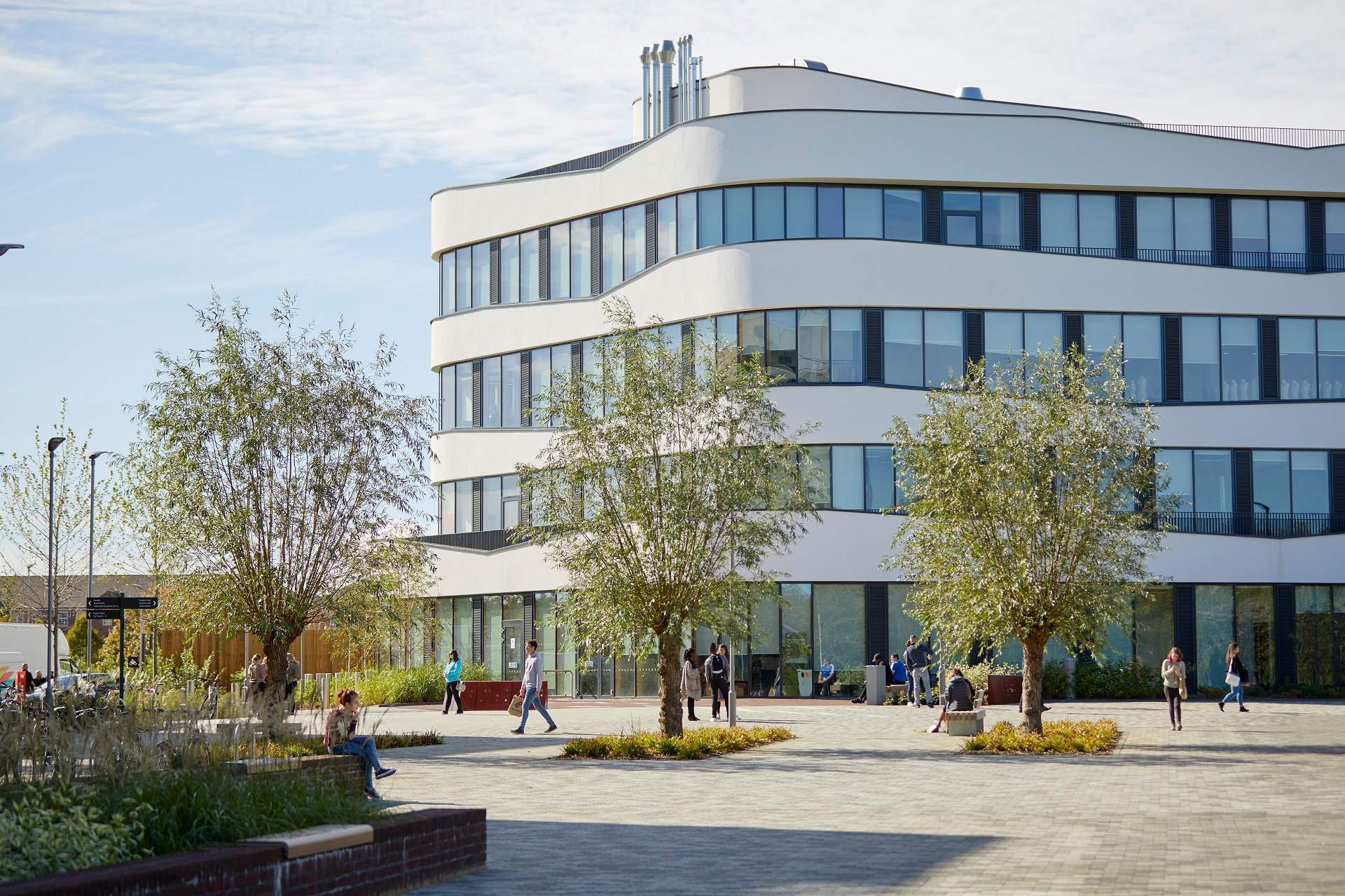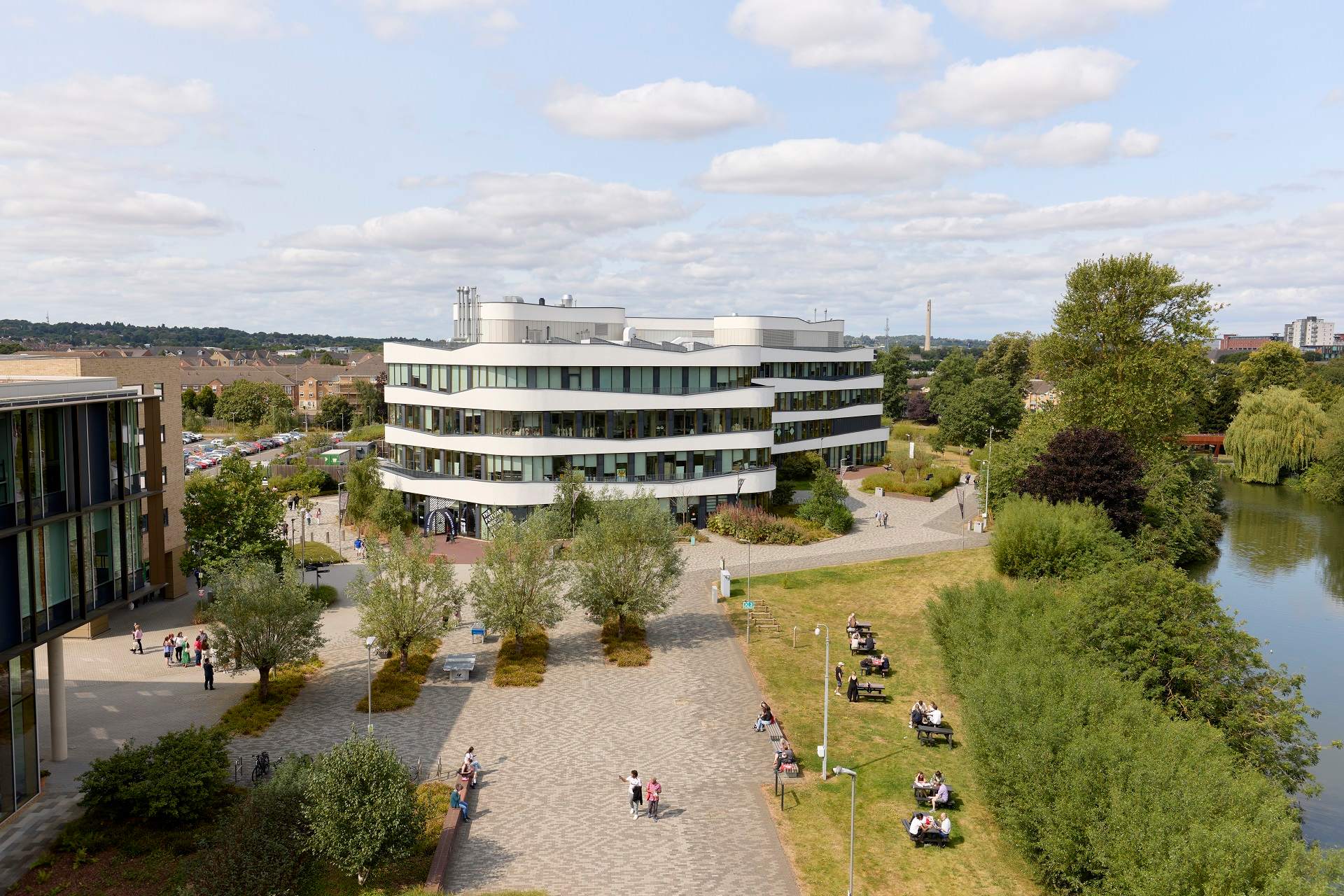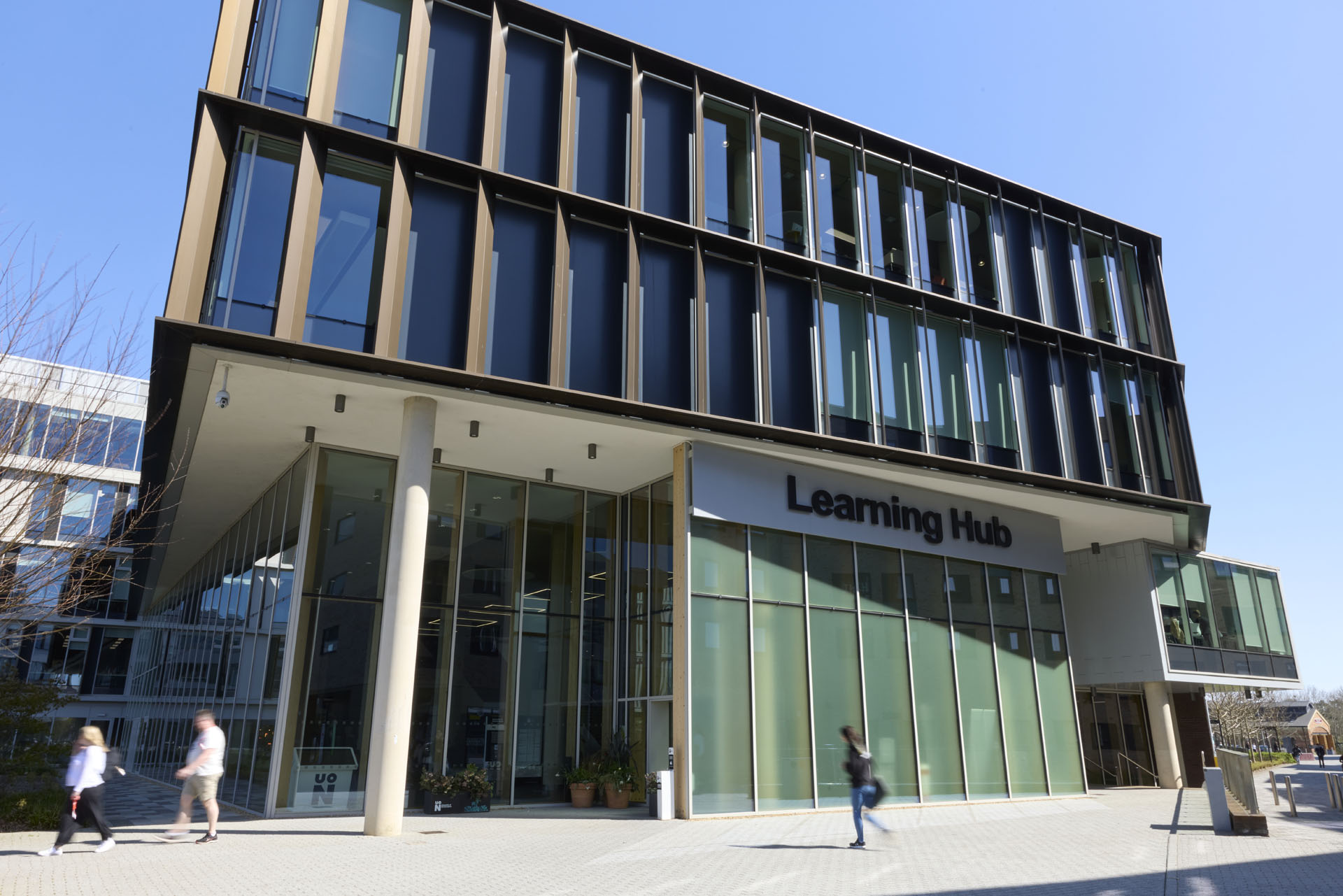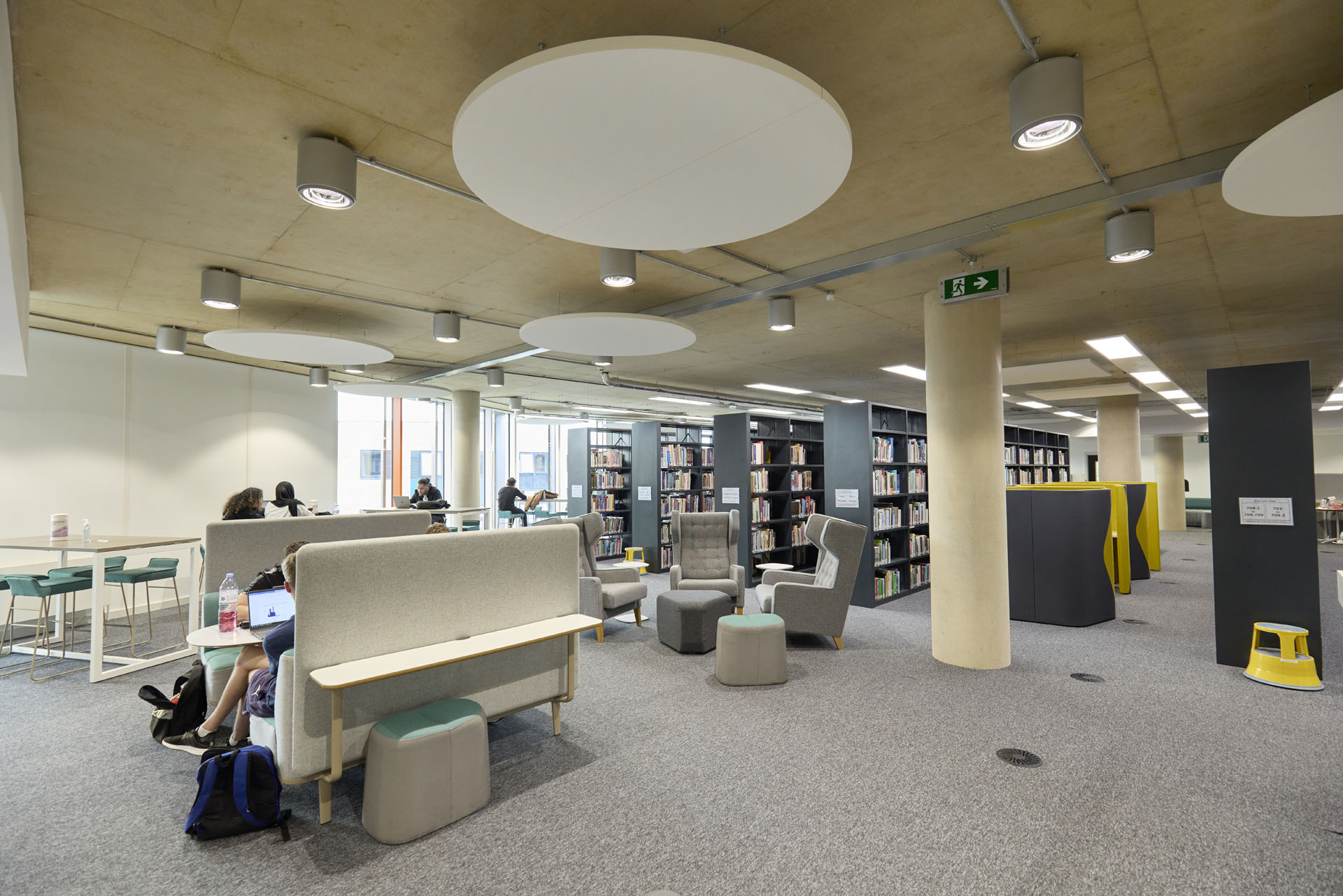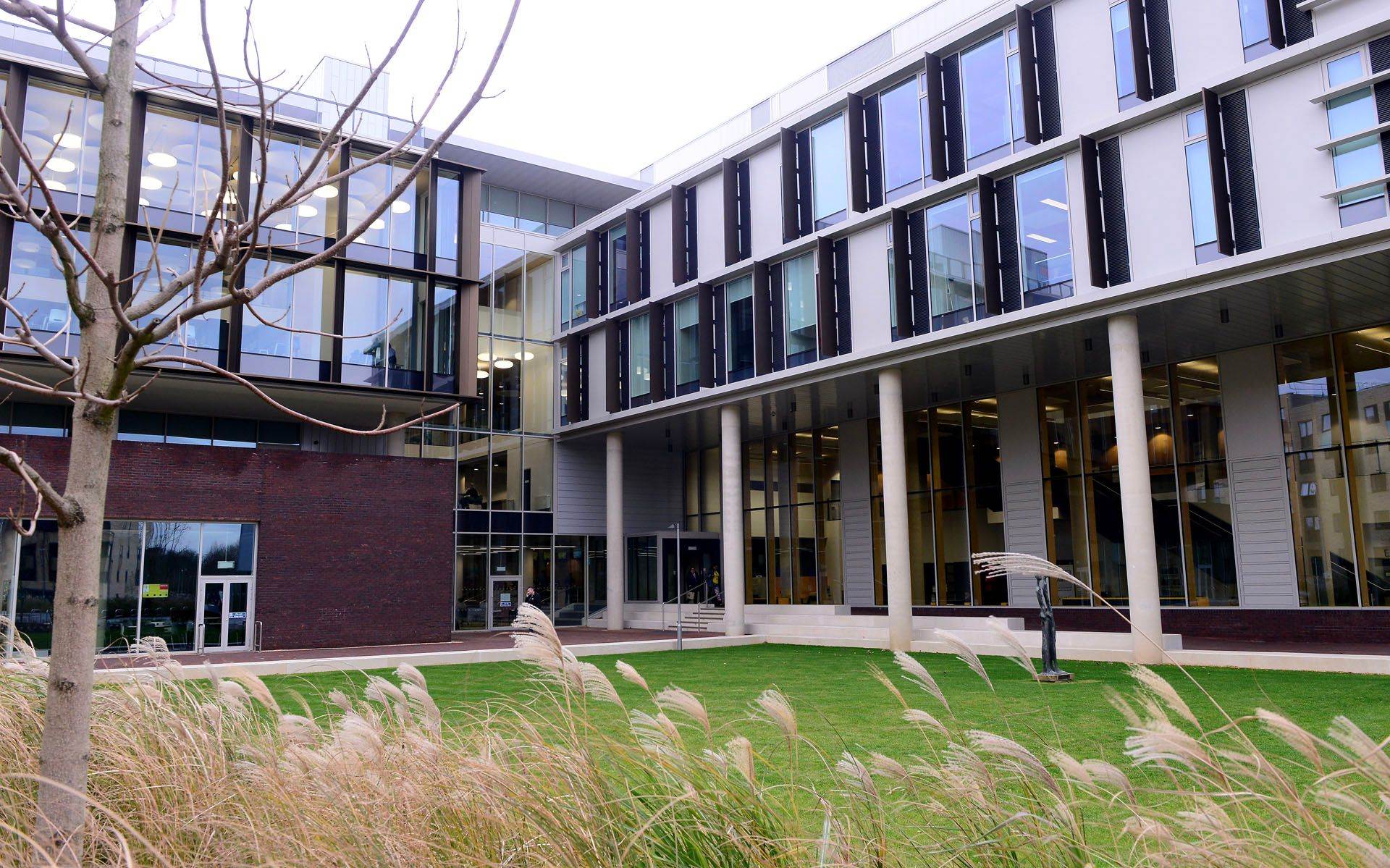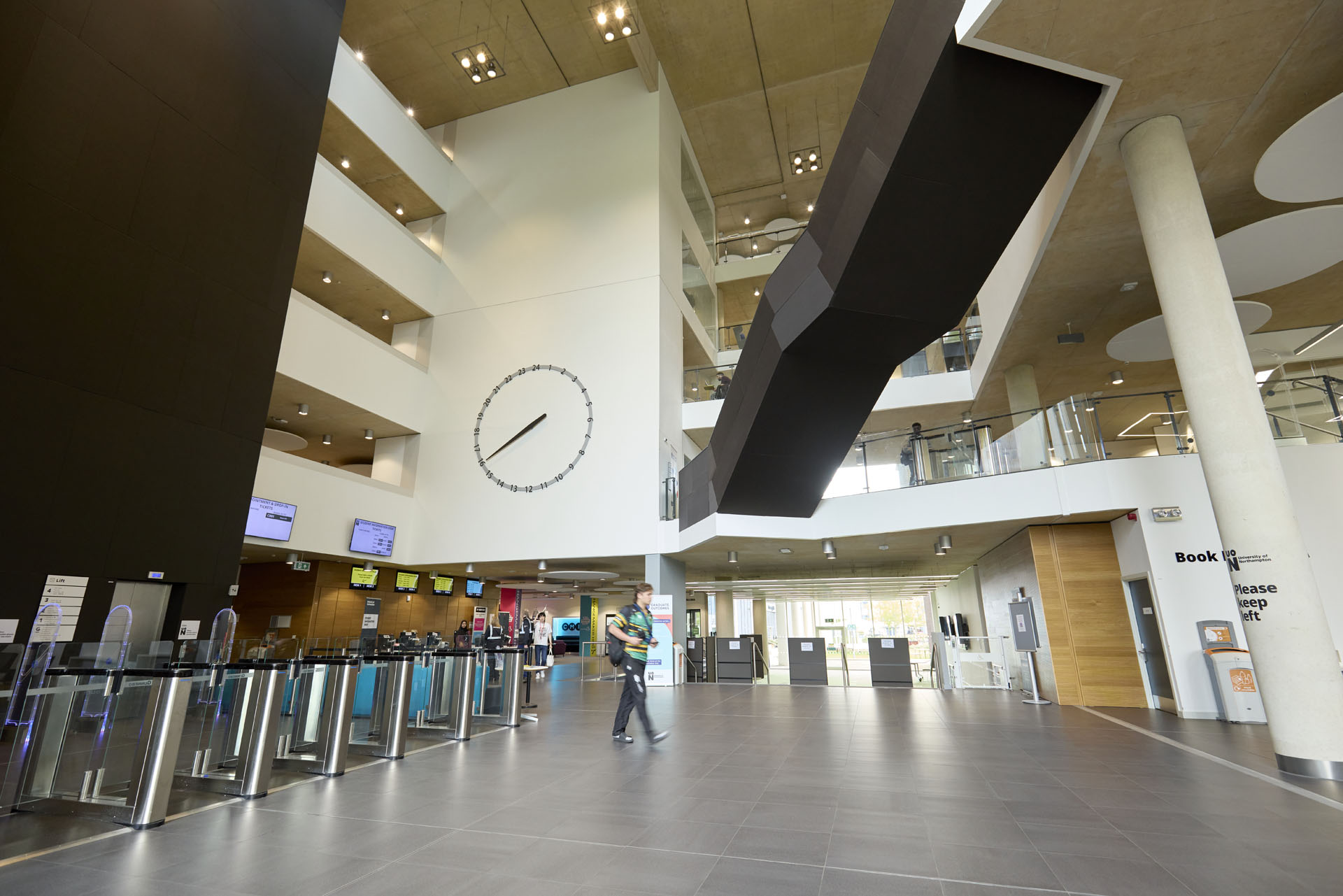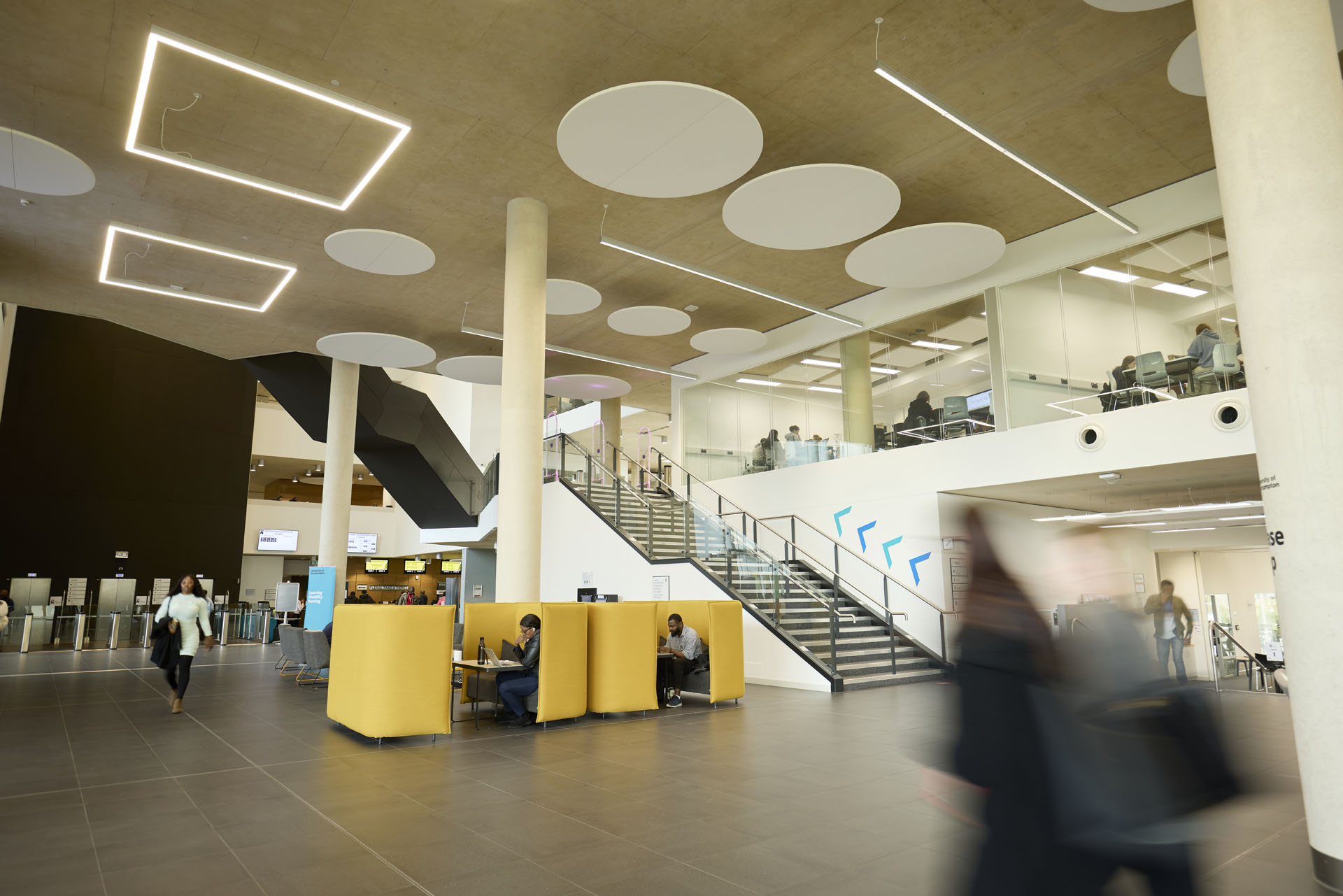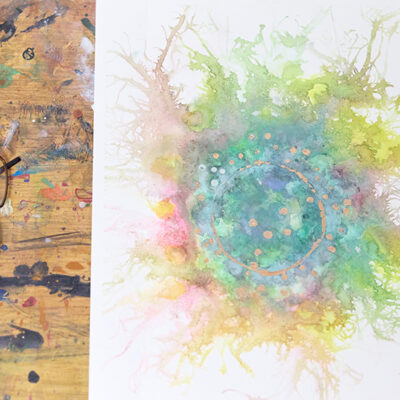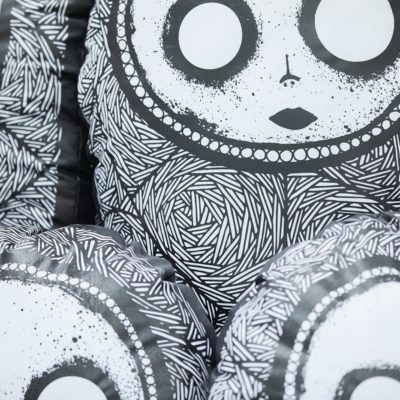Professor of Art and the Public Sphere
Faculty of Arts, Science and Technology
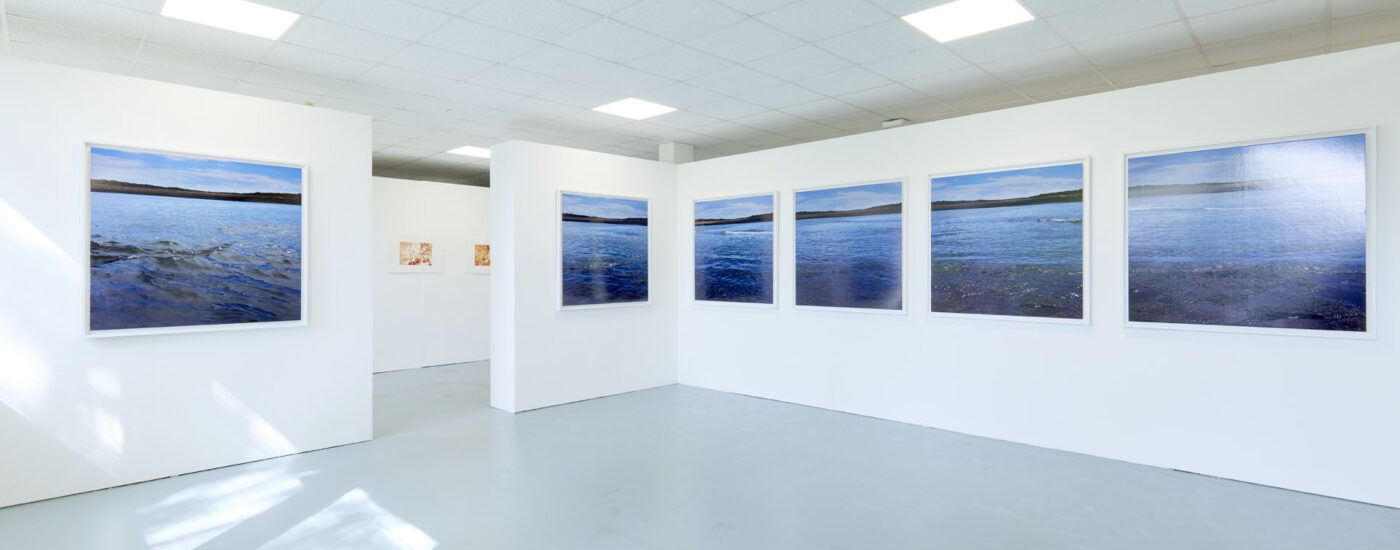
Fine Art MPhil/PhD/PhD by Published works
Key Facts
-
Level
PostgraduatePG PhD
-
Duration
MPhil: Full Time 12 months - 3 years or Part Time 30 months - 5 years
PhD: Full Time 2 years - 4 years or Part Time 3 years - 6 years
PhD by Published Works: Part Time 1 year - 2 years -
Starting
October, March
-
See Fees and Funding
-
See Fees and Funding
-
Waterside
Updated 09/04/2025
Updated 09/04/2025
Get in touch
For questions regarding study and admissions please contact us:
UK STUDENTS ENQUIRIES
study@northampton.ac.uk
0300 303 2772
INTERNATIONAL STUDENTS ENQUIRIES
Overview
The University of Northampton offers a choice of study within this Fine Art MPhil/PhD/PhD by Published Works, which includes Practiced Based in the Arts. The MPhil/PhD Fine Art is a research project, which may involve your already-established practice or may require the development of new modes of practice specific to the project. The programme offers an excellent route to expand your knowledge and research skills. We offer a supportive, stimulating, and creative environment in which to develop your doctoral research. We welcome applications from graduates in Fine Art or a similar discipline, with a wide range of backgrounds, here in the UK and internationally.
Find out more about the Research Centre for Art and Design.
The closing dates for applications for the October intake is 1 August and for the March intake is 11 December.
Highlights
- The range of expertise offered by this programme is unique to the University of Northampton and we have research expertise covering many aspects pertaining to contemporary Fine Art practice including:
- Painting
- Drawing
- Social and participatory art practices
- Photographic and moving image practices
- Artist’s Book and Photobook practices
- Advance to the highest quality of research in Fine Art that demonstrates ambition, breadth of vision and creativity
- Enable you to further your aspirations as a practicing artist
- Encourage your practice, art and writing, to make an original contribution to knowledge, and to further understanding through the processes of research
- Access to a diversity of research outputs including the visual and verbal (exhibitions, events, performances, collaborations, publications, conferences)
- Affirm the importance of Fine Art research whilst also exploring the possibilities of inter-disciplinary research with other departments and faculties at UON
- Opportunity to contribute to the research culture of the Research Centre for Art and Design and the wider UON community and to exchange ways of working, thinking, doing and being
- Encouraged sharing of research with national and international research institutions and the wider publics
Entry Requirements
We expect all applicants to have a good first degree at 2.1 or 1:1 Honours degree from a UK university (or equivalent), and usually to have a Masters degree in a relevant discipline (or equivalent research experience).
Course Content
Fees and Funding
2025/26 Tuition Fees
Fees quoted relate to study in the Academic Year 25/26 only and may be subject to inflationary increases in future years.
Doctor Of Philosophy Degrees
- UK – Full Time: £5,700
- UK – Part Time: £2,845
- International – Full Time: £16,350
- International – Part Time: £7,640
Doctor of Philosophy Degrees by means of Published Works
Including: Doctor of Philosophy (PhD) by means of published works.
- UK – Part Time: £3,600
- International – Part Time: £7,840
Staff
Careers and Employability
Successful defence of the final thesis will provide the researcher with the highest qualification that any UK university can award and offer an excellent opportunity to move into higher management positions within the industry. Our students have progressed to a wide range of areas. Many have continued to develop their practice as an artist whilst some have moved into academic research related to their topic. Others have gone on to take up roles in cultural organisations, teaching and the creative industries.
